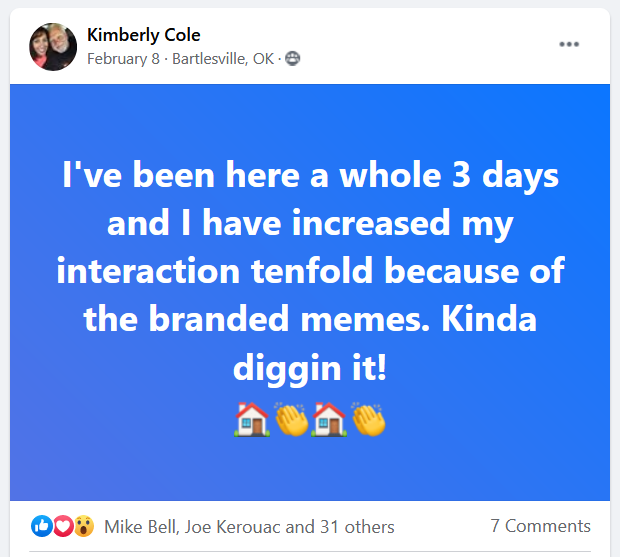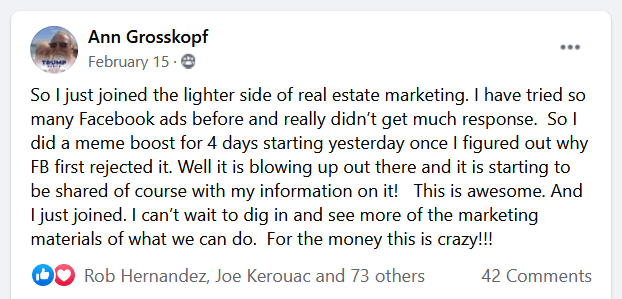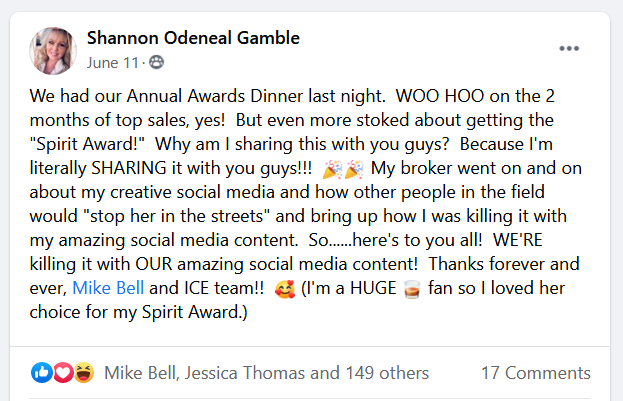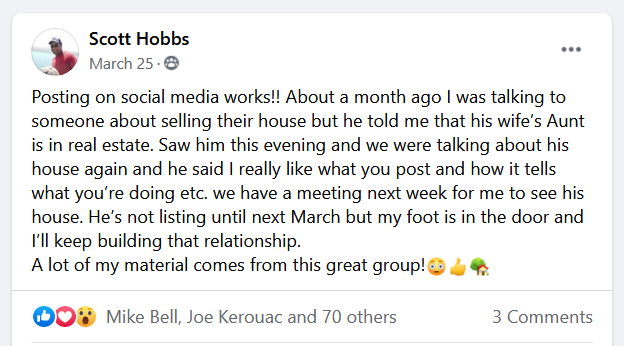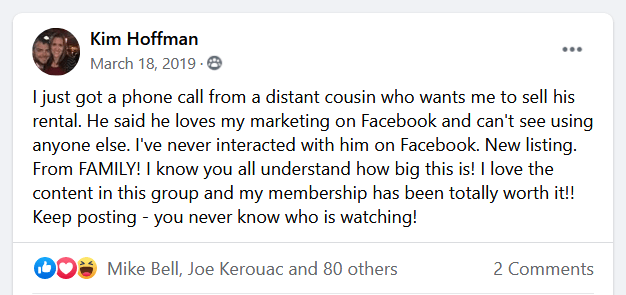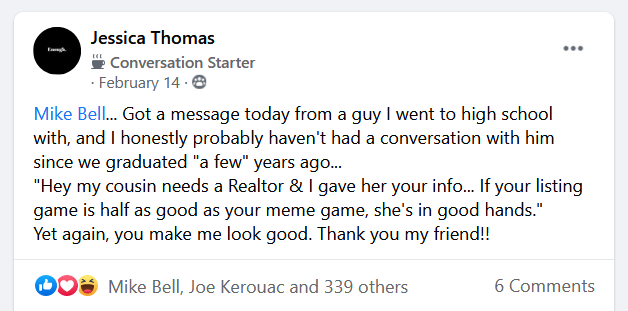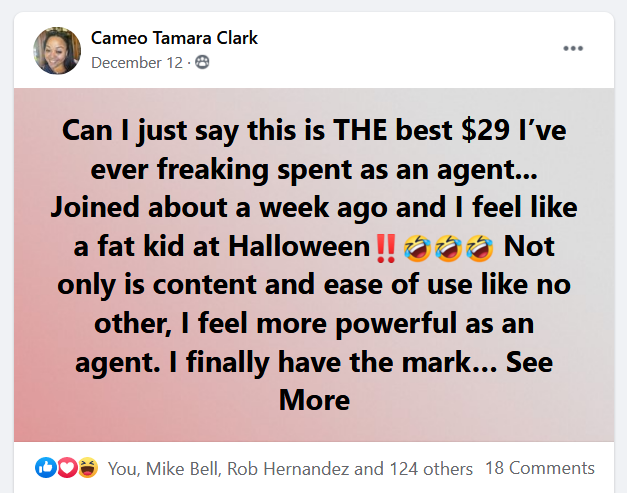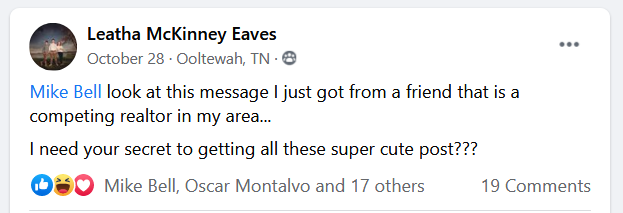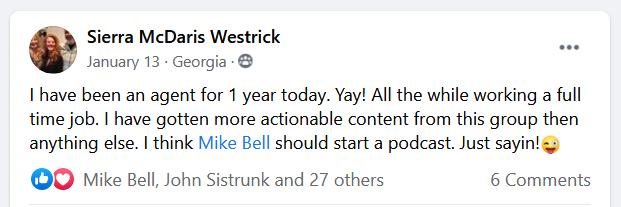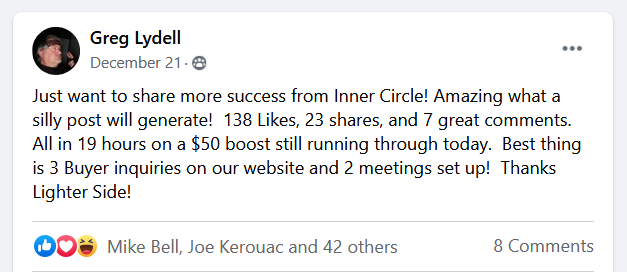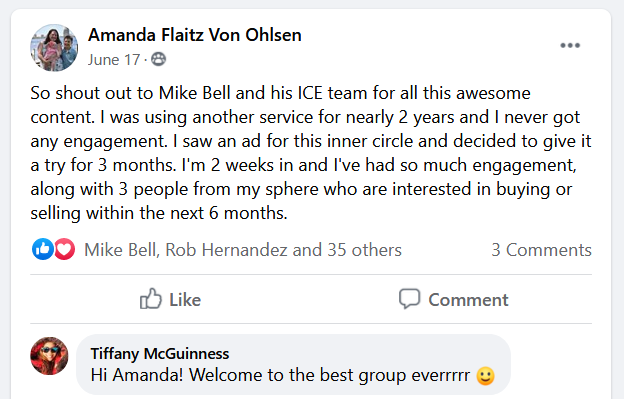
The Secret Kardashian Formula Every Real Estate Agent Needs To Learn
When you’re starting or growing a real estate biz, it seems like everyone has advice. Some advice is good, like, “Share interesting content consistently!” Some



When you bought your first home, there was no shortage of advice. From mortgage tips to house hunting strategies, the world was full of guidance for first-time buyers. But now that you’re on the selling side for the first time, it might feel like you’re supposed to just know what you’re doing since you’re not completely new to the process.
Selling a home isn’t just buying in reverse. It comes with its own set of challenges, decisions, and potential missteps. Maybe you’re wondering how much to list for, whether you really need to repaint the living room, or why your agent is asking you to leave the house every time there’s a showing. If any of this sounds familiar, don’t sweat it—your past buying experience is about to come in handy!
If you can remember what made a home appealing (or a dealbreaker) when you were looking, you’ll have a much better shot at getting your own home sold quickly and for the best possible price.
As a first-time seller, it’s easy to focus on what you want from the sale. But the key to success is understanding what buyers are looking for. Think back to when you were house-hunting—what turned you off? What made you fall in love with a home? What aggravated you when you were looking at houses?
In case it’s been a while since you were in those shoes, let’s take a look at some of the things you probably noticed as a buyer, and use those insights to make your home as appealing as possible.
Remember those overpriced homes you scrolled past because they didn’t seem worth it? Or the ones that sat on the market so long you assumed something was wrong with them?
Buyers today have access to endless data, and they won’t hesitate to move on if your price doesn’t align with reality. Work with an agent to set a competitive, market-driven price from the beginning to avoid unnecessary price drops and delays.
When you were looking for houses, there were probably a few sellers who made it almost impossible for you to see it at the time you wanted to, or had really limited times they allowed buyers to come see their house.
It’s frustrating, and often results in buyers moving on to a more accessible home. The more flexible you are with showings, the more potential buyers will get to see your home. And more buyers can lead to more (and better!) offers.
Remember walking into a house and instantly knowing it wasn’t for you? Maybe the curb appeal was lacking, or the inside felt dark and cluttered. First impressions are everything.
Make sure your home is welcoming—fresh landscaping, a well-lit entryway, and a neutral, tidy interior can make all the difference.
Think about that one home you toured where every wall was covered in family photos, or the kitchen was overflowing with personal items. You probably took a quick look around to make sure the seller didn’t have a hidden camera behind one of their knick-knacks before joking about the family portrait from 1987!
It’s hard for buyers to picture themselves in a space that feels too much like someone else’s home. Clear the clutter, remove personal items, and create a clean, blank slate that buyers can envision as their own.
Buyers will notice that leaky faucet, the peeling paint, or the door that won’t quite close. While these might seem like minor details, they can leave buyers wondering what else has been neglected. Taking care of small fixes ahead of time signals that your home has been well-maintained and can prevent last-minute negotiation headaches.
You probably walked into a home or two that made you recall a friend or family member’s home, which can be a nice walk down memory lane… as long as the home it reminded you of didn’t reek of strong pet odors or lingering food smells!
Even if a home looks great, bad odors can be an instant dealbreaker. Before listing, do a deep clean, air out the house, and consider neutral scents to create a fresh, inviting atmosphere.
When you were a buyer, you probably had opinions about nearly every home you toured, and there’s a good chance your agent shared those thoughts with the seller’s agent.
Now that you’re the seller, expect the same from buyers—and don’t take it personally. If multiple people mention the same issue (like an outdated bathroom or a pricing concern), consider making adjustments to improve your chances of selling quickly.
It might be your first time selling a home, but for a real estate agent, it’s what they do every day. A seasoned agent brings valuable expertise from both the buying and selling side, ensuring you price your home correctly, market it effectively, and navigate negotiations smoothly.
They’ll also help you anticipate potential challenges before they become roadblocks, making the entire process as seamless as possible.
The Takeaway:
Selling your first home can feel overwhelming, but if you shift your mindset and think like a buyer, you’ll set yourself up for success. Price it right, make it easy to show, and present your home in the best possible light. And most importantly, work with a knowledgeable agent who can guide you through the process.

(Shh, our secret)
Show your sphere your an expert. We have over 2100 articles covering every real estate topic your audience will love.
Position yourself as a real estate authority!
Real estate + topical events — the perfect match!
Become the bearer of good vibes!
Because hey, everyone loves to laugh!



Get our weekly email that makes communicating with your sphere on social actually enjoyable. Stay informed and entertained, for free.

When you’re starting or growing a real estate biz, it seems like everyone has advice. Some advice is good, like, “Share interesting content consistently!” Some

“Content marketing” has been around since 1895, when John Deere published “The Furrow,” a quarterly magazine they used to help educate customers and build a

The Meme-Worthy Truth About Why Personal Content Beats Perfect Content You spent 45 minutes designing the perfect “Just Listed” graphic in Canva. Bold fonts. Professional

Crazy title for an article, right? I know. Stick with me, though. I promise this isn’t some sort of “clickbait.” There’s a powerful message if

In the world of real estate, first impressions don’t happen at the front door—they happen on a screen. Before buyers ever set foot on the
Depending on your situation, it may not take the full 30 minutes.

This reset password link has expired. Check the latest email sent to you.
